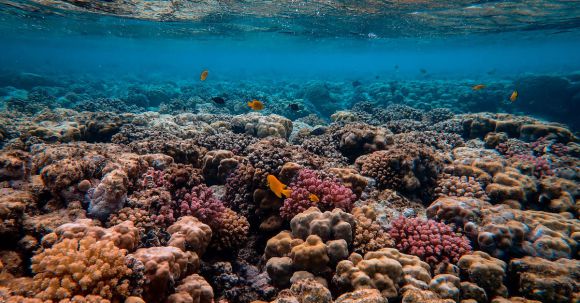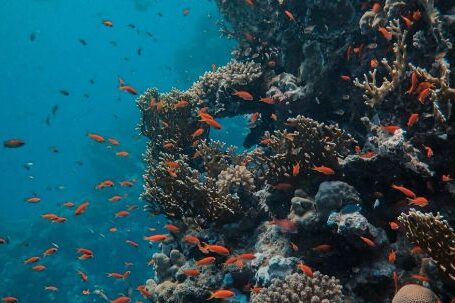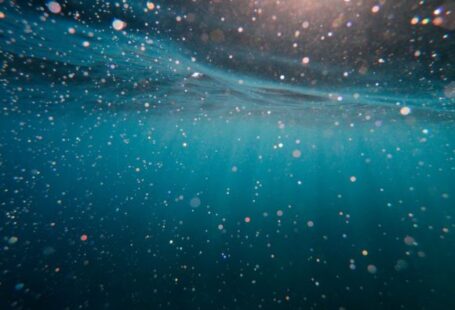Coral reefs are some of the most diverse and valuable ecosystems on the planet. They play a crucial role in maintaining the health and balance of our oceans. In this article, we will explore the ecological significance of coral reefs and understand why they are so important to our planet.
A Biodiversity Hotspot
Coral reefs are often referred to as the “rainforests of the sea” due to their incredible biodiversity. They are home to a vast array of marine species, including fish, turtles, sharks, and countless invertebrates. In fact, it is estimated that coral reefs support approximately 25% of all marine life, despite covering less than 1% of the ocean floor. This biodiversity makes coral reefs a vital resource for sustaining the overall health of our oceans.
Protection for Coastal Communities
Coral reefs act as a natural barrier, protecting coastal communities from the damaging effects of storms and tsunamis. The intricate structure of coral formations helps to dissipate wave energy, reducing the impact on shorelines. Without the presence of coral reefs, coastal areas would be more vulnerable to erosion and flooding, putting millions of people at risk. Additionally, the tourism industry in many coastal regions relies heavily on the beauty and biodiversity of coral reefs, providing economic benefits to local communities.
Oxygen Production
Coral reefs play a significant role in the production of oxygen. Through a process called photosynthesis, coral polyps and the algae living within them convert carbon dioxide into oxygen. In fact, it is estimated that coral reefs contribute to roughly 10% of the oxygen produced in the atmosphere. This makes them not only essential for marine life but also for the well-being of terrestrial organisms.
Nursery for Marine Life
Coral reefs serve as a vital nursery for many species of fish and other marine organisms. The complex structure of the reefs provides shelter and protection for juvenile fish, allowing them to grow and develop in a safe environment. Once these young fish are mature enough, they venture out into the open ocean, contributing to the overall fish populations. Without healthy coral reefs, many fish species would struggle to reproduce and survive, leading to a decline in fish stocks and potential disruptions in the food chain.
Carbon Sink
Coral reefs have the ability to sequester and store vast amounts of carbon dioxide from the atmosphere. The calcium carbonate skeletons formed by coral polyps can trap carbon dioxide for centuries. This carbon storage capacity helps to mitigate the effects of climate change by reducing the amount of greenhouse gases in the atmosphere. However, with the increasing threats to coral reefs such as ocean acidification and rising sea temperatures, their ability to act as carbon sinks is diminishing.
Preserving Coral Reefs for Future Generations
Given the ecological significance of coral reefs, it is imperative that we take action to protect and preserve them. This includes reducing pollution, implementing sustainable fishing practices, and creating marine protected areas. Additionally, efforts to combat climate change are crucial in order to mitigate the impacts of rising sea temperatures and ocean acidification on coral reefs.
In conclusion, coral reefs are invaluable ecosystems that provide numerous ecological benefits. They support a vast diversity of marine life, protect coastal communities from natural disasters, produce oxygen, act as nurseries for fish, and help mitigate climate change. Understanding their ecological significance is essential in order to prioritize their preservation and ensure their continued existence for future generations.





